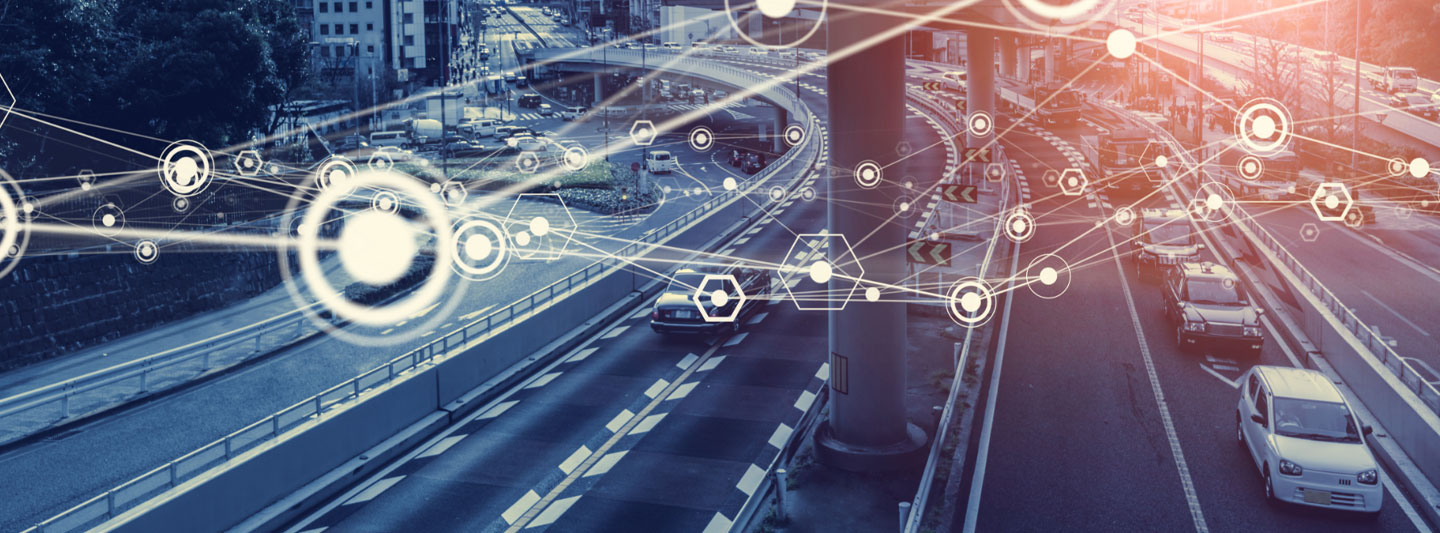
Intelligent Traffic Management Systems: The Key to the Sustainable Future
Introduction:
In the hustle and bustle of modern life, traffic congestion has become an all too familiar challenge for us. Hours wasted in traffic jams, frayed nerves, and increased air & sound pollution are just some of the consequences. However, there’s a glimmer of hope on the horizon – the Intelligent Traffic Management System (ITMS). This revolutionary technology is changing the way we navigate our roads, making our commutes smoother, safer, and more efficient. Let’s delve into the fascinating world of ITMS and explore how it’s shaping the future of transportation.
The Power of Data:
At the heart of any intelligent system is data, and the ITMS is no exception. By harnessing data from various sources such as traffic sensors, surveillance cameras, GPS devices, and weather stations, this system paints a real-time picture of the road network. The ability to process vast amounts of data means that traffic managers can make informed decisions to optimize traffic flow, reduce congestion, and even prevent accidents.
Smart Traffic Signals:
Imagine traffic signals that adapt in real-time to the actual traffic conditions. That’s precisely what Intelligent Traffic Management System offers with its adaptive traffic signal control. By adjusting signal timing based on traffic volume, time of day, and even special events, this feature reduces wait times at intersections, minimizes idling, and, in turn, lowers carbon emissions. It’s like a choreographed dance of vehicles, and the result is a significant reduction in travel time.
Predictive Analytics:
One of the most intriguing aspects of an Intelligent Traffic Management System is its ability to predict traffic patterns and incidents. By analyzing historical data and taking into account factors like holidays, special events, and even the impact of roadworks, the system can predict where congestion is likely to occur. This predictive approach allows authorities to proactively allocate resources, manage traffic diversions, and keep everyone on the move.
Enhancing Safety:
Safety on the roads is paramount, and ITMS takes it seriously. The system can identify unusual patterns of vehicle behavior, such as sudden stops or excessive speed, and trigger alerts to authorities. Additionally, in the event of accidents or breakdowns, the system can quickly notify emergency services, reducing response times and potentially saving lives.
Eco-Friendly Commutes:
As the world turns its attention to sustainability, ITMS solutions play a crucial role in reducing the environmental impact of transportation. By optimizing traffic flow, reducing idling, and promoting the use of public transportation through real-time updates, the system contributes to a greener and more sustainable future.
Conclusion:
The Intelligent Traffic Management System isn’t just a glimpse into the future – it’s a reality that’s transforming the way we experience our roads. With its data-driven insights, an Intelligent Traffic Management System is a powerful tool in creating smarter, more efficient, and sustainable transportation networks. As this technology continues to evolve, the daily grind of traffic congestion may soon become a thing of the past, giving us more time to enjoy the journey, both on and off the road.

